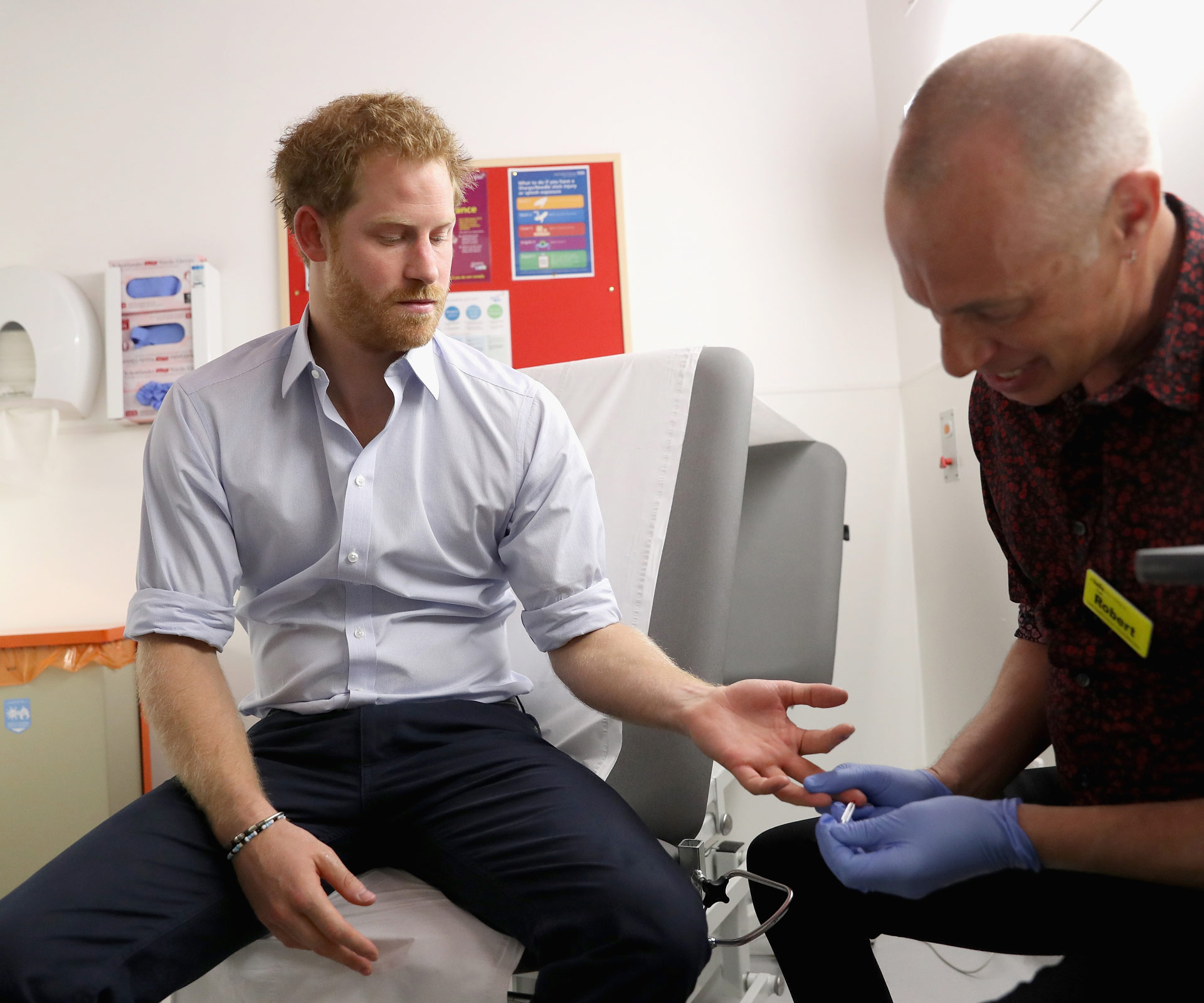Thanks to those PDHPE classes we’ll never be able to forget, most of us are well-versed in the symptoms and long-term repercussions of STIs like chlamydia, gonorrhoea and HPV.
But a lesser known sexually transmitted infection called mycoplasma genitalium has just been found to be more common than perhaps originally thought.
And unfortunately, similar to HPV, this STI can lead to cervical cancer and chlamydia, which can ultimately result in infertility, and also has its own frightening long-term consequences.
What is mycoplasma genitalium?
The Centers of Disease Control and Prevention has dubbed this infection as an “emerging issue” due to its growing prevalence.
A recent UK study found one per cent of 16-44 year-old’s were infected, with similar results concluded from a US study.
While so little known about M. genitalium, these results show the STI to be more common than gonorrhoea.

What are the symptoms of mycoplasma genitalium?
In women, pelvic pain, vaginal irritation, bleeding during intercourse, spotting between periods and abnormal vaginal discharge are things to look out for, although, these are the symptoms also associated with many other gynaecological issues.
While 56 per cent of women experience no symptoms, a huge 94 per cent of men don’t either. The small percentile that do, however, may experience burning pain while urinating, testicular discomfort or discharge from the penis.
WATCH: Prince Harry gets an HIV test live on Facebook. Article continues below…
Can mycoplasma genitalium lead to health complications?
The bacterium has been linked to inflammation of the cervix (cercivtis), as well as pelvic inflammatory disease (PID), which affects the female reproductive organs.
If untreated, PID can lead to scarring of the fallopian tubes and ectopic or tubal pregnancy, plus, in some cases, eventual infertility.

How can you treat mycoplasma genitalium?
While the FDA are yet to approve a stand-alone test for M. genitalium, doctors can test for the bacteria using a urine or swab sample. If tested positive, the patient can be treated with a course of antibiotics.
If you want to learn more about mycoplasma genitalium, book in an appointment to talk about it with your local GP.


